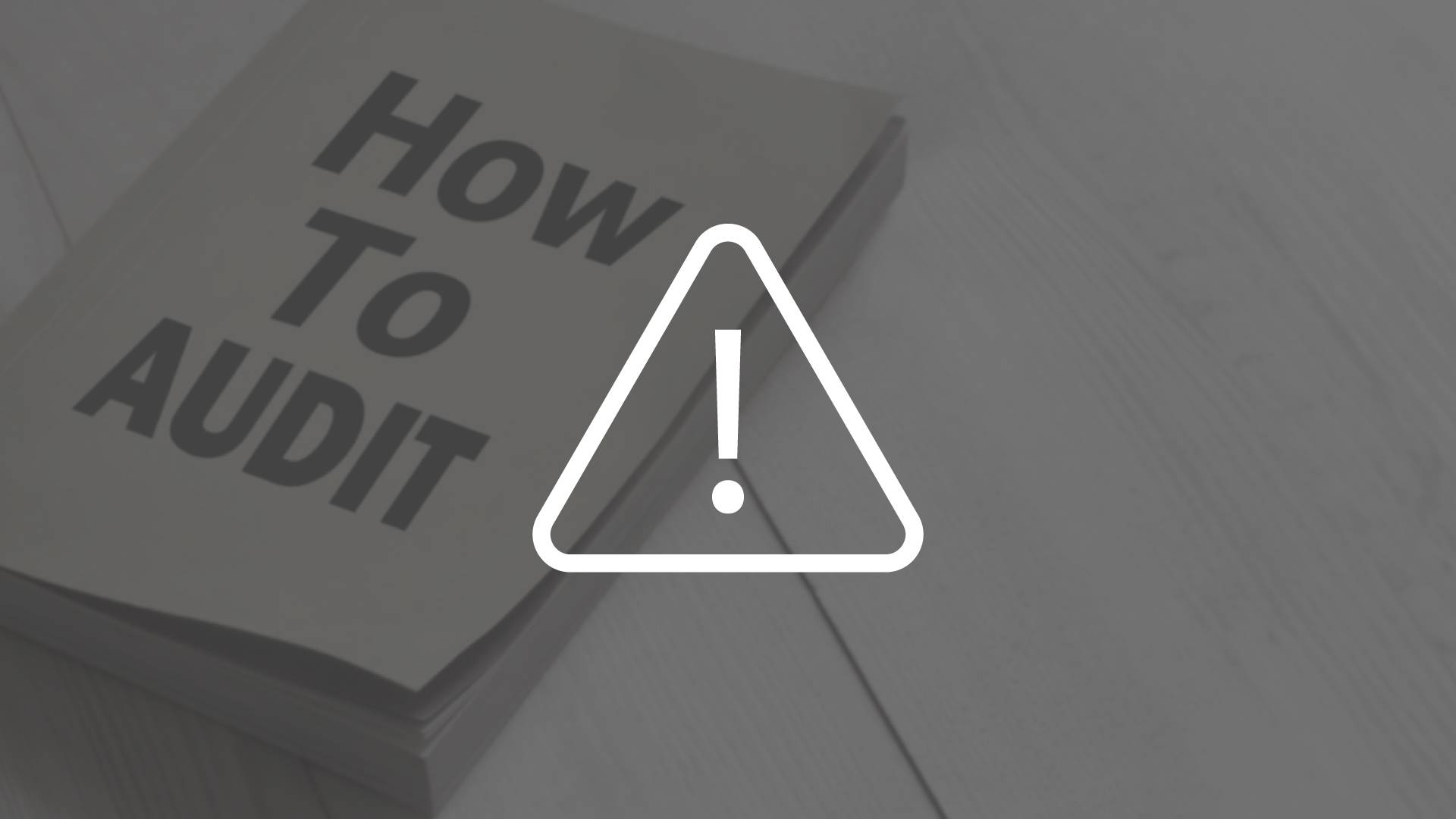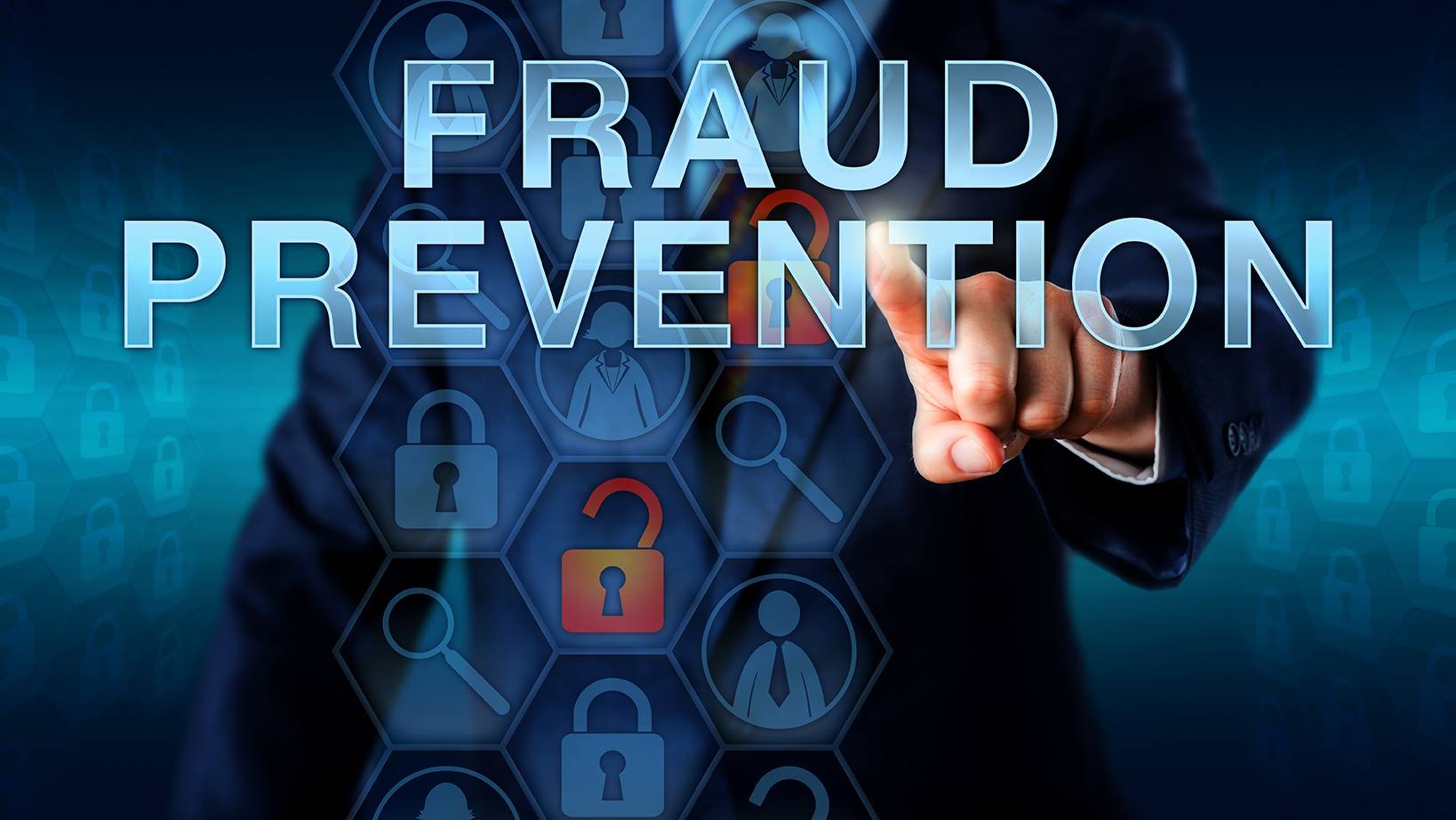Self-Study
Effective Internal Controls for Small Businesses
Internal control strategies for small businesses. Learn to implement duty segregation, management oversight, and fraud prevention controls across cash and inventory operations.

$58.00 – $78.00
Webcasts are available for viewing Monday – Saturday, 8am – 8pm ET.
Without FlexCast, you must start with enough time to finish. (1 Hr/Credit)
Please fill out the form below and we will reach out as soon as possible.
CPE Credits
2 Credits: Auditing
Course Level
Basic
Format
Self-Study
Course Description
One of the biggest challenges many small business face is how to segregate duties to reduce the risk of fraud. Proper internal controls are key as well as the implementation of management oversight to ensure that appropriate controls are in place and performed. This internal audit CPE course discusses the fundamental operational and accounting controls unique to small businesses and also reviews the optimal company culture for an effective internal control environment. Topics covered include segregation of duties, cash disbursements, cash receipts, and inventory. Learn how to segregate duties and implement mitigating controls to help detect and reduce the risk of fraud with Effective Internal Controls for Small Businesses.
Learning Objectives
Upon successful completion of this course, participants will be able to:
- Identify appropriate internal controls for a small business entity, noting examples of good internal controls and the risks associated with a lack of controls;
- Note ways to mitigate and overcome a lack of segregation of duties;
- Recognize which internal controls will detect weaknesses and aid in the prevention or detection of fraud; and
- Identify where multiple approval levels may be appropriate in the cash disbursement process.
Course Specifics
9173465
December 6, 2024
There are no prerequisites.
None
47
Compliance Information
Qualifies for CA Fraud Credits: 0.5
CFP Notice: Not all courses that qualify for CFP® credit are registered by Western CPE. If a course does not have a CFP registration number in the compliance section, the continuing education will need to be individually reported with the CFP Board. For more information on the reporting process, required documentation, processing fee, etc., contact the CFP Board. CFP Professionals must take each course in it’s entirety, the CFP Board DOES NOT accept partial credits for courses.
Meet The Experts

Joseph Helstrom, CPA, is a partner at CFO Resources, LLC, a company focused on training and courseware for CPAs. He’s also the owner of Mill Creek Publishing LLC. Joe has over 30 years of experience as a CPA in both public accounting and industry, with extensive experience in financial reporting and analysis, treasury, tax, information technology, legal and regulatory matters, and strategic planning. After graduation from Butler University with a degree in accounting, Joe got his start at Ernst & Young. Subsequent to that, he has served for several different companies as a chief financial officer; director of treasury and …
Related Courses
-
 Auditing
Auditing
Computer Fraud and Abuse
Marshall Romney, CPA, PhD, CFE QAS Self-Study
Credits: 6 $174.00
QAS Self-Study
Credits: 6 $174.00$174.00 – $204.00
-
 Auditing
Auditing
How to Audit for Fraud
Steven M. Bragg, CPA QAS Self-Study
Credits: 3 $87.00
QAS Self-Study
Credits: 3 $87.00$87.00 – $107.00
-
 Auditing
Auditing
Fraud Prevention, Detection, and Audit
Marshall Romney, CPA, PhD, CFE QAS Self-Study
Credits: 9 $261.00
QAS Self-Study
Credits: 9 $261.00$261.00 – $291.00
